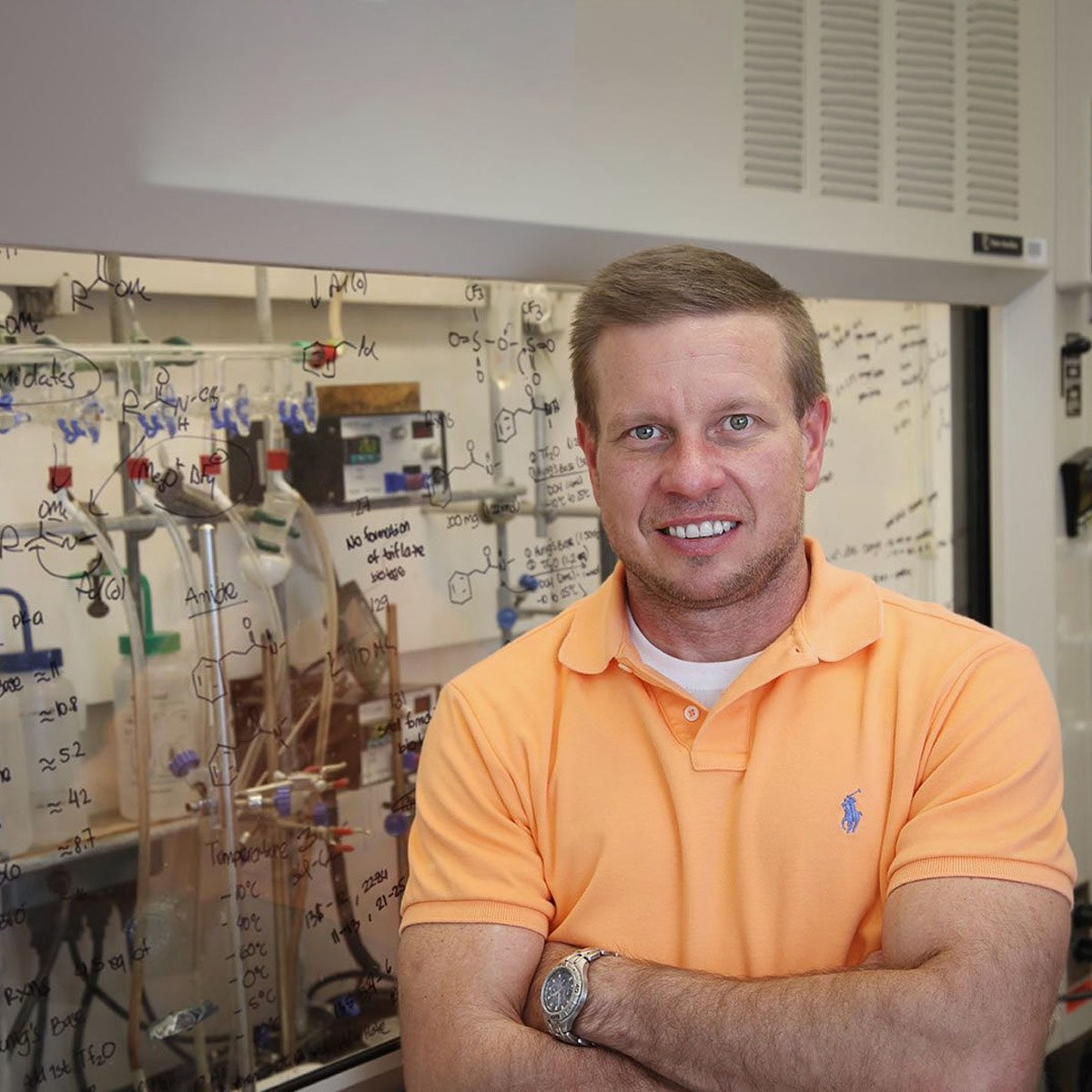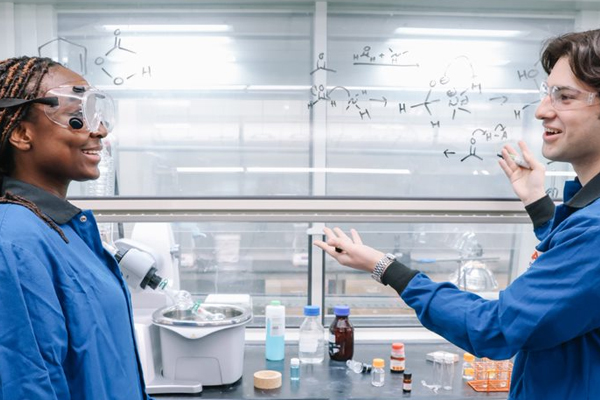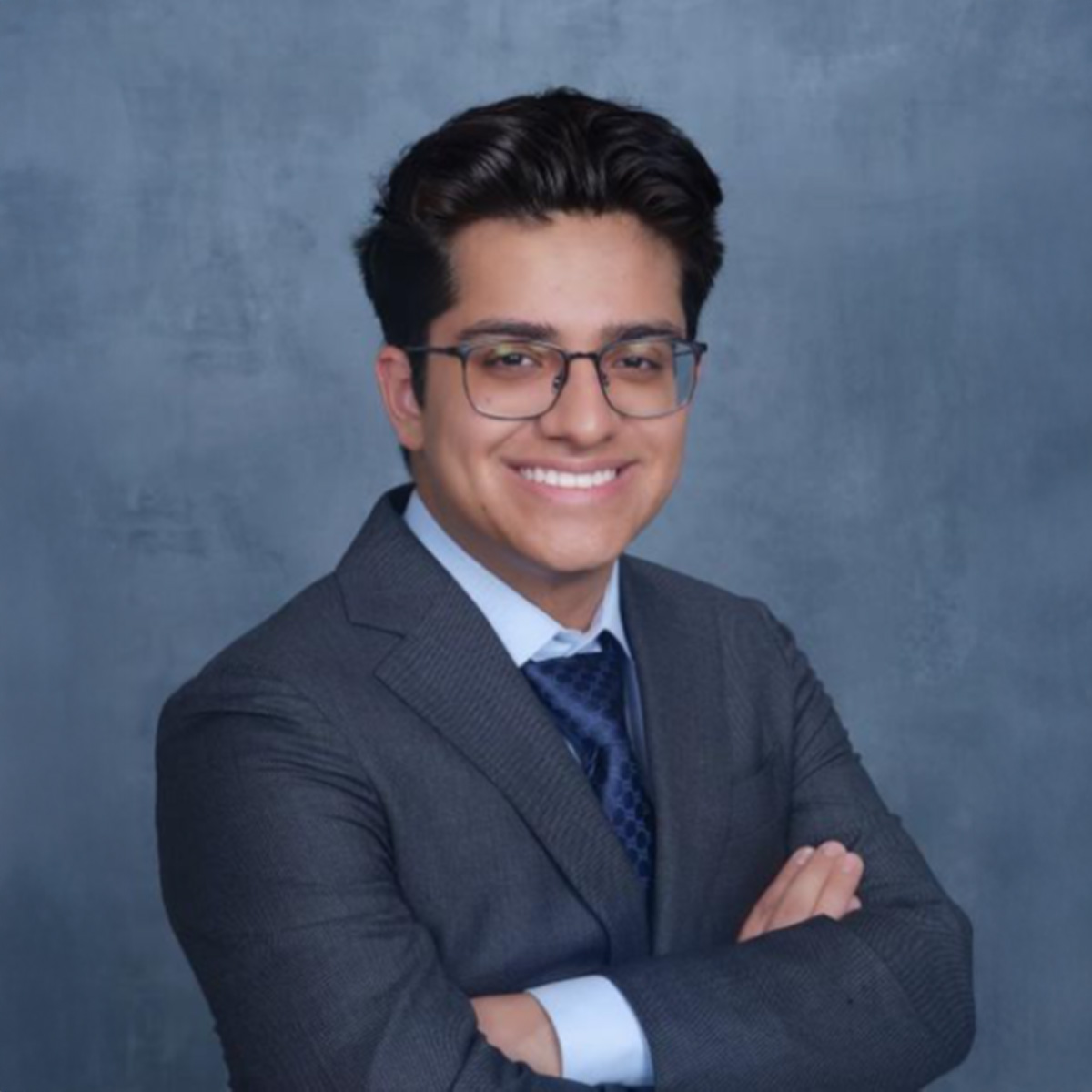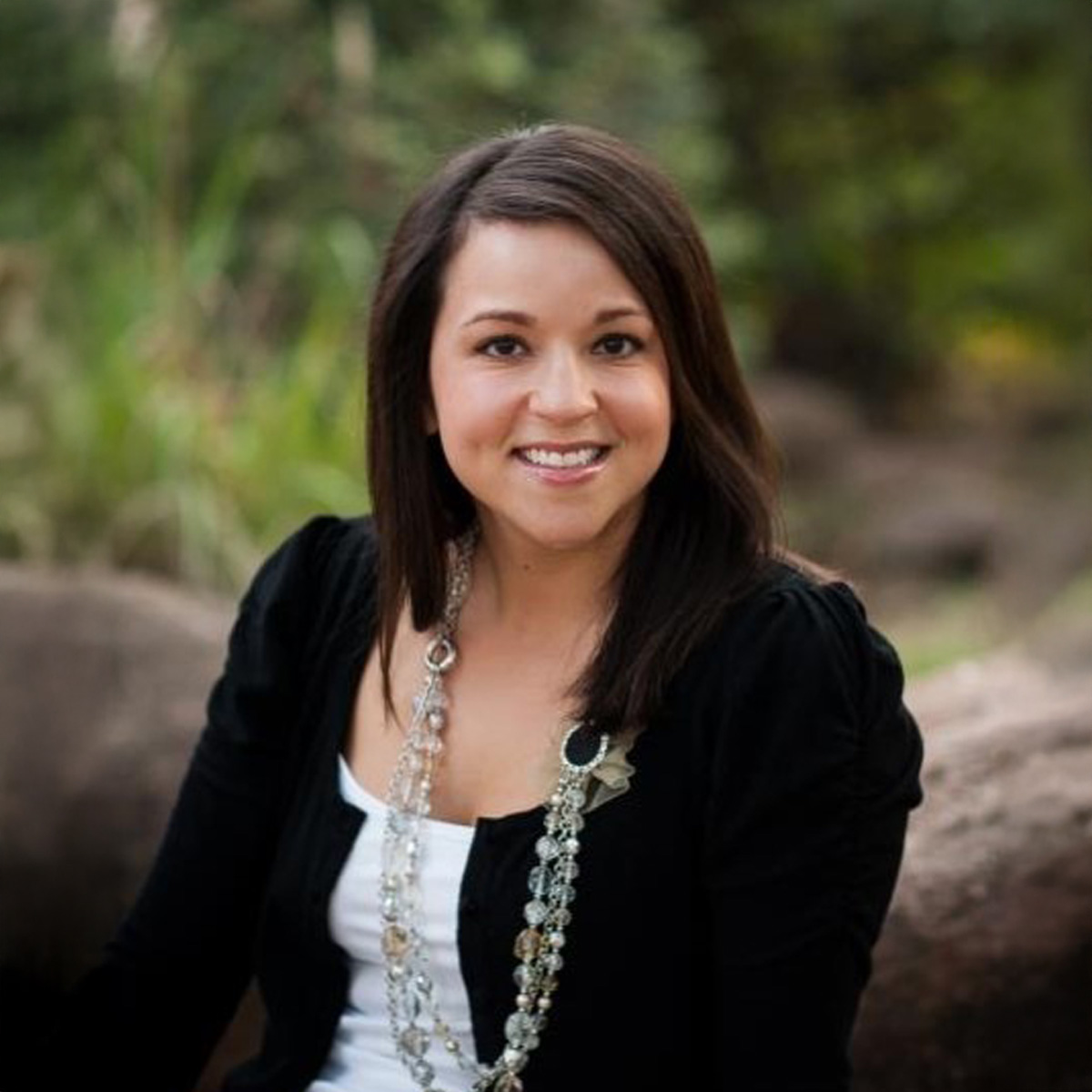Posted on September 20, 2022 by College of Sciences

Doug Frantz, Ph.D., Department of Chemistry
What did your journey to UTSA look like and are you fixed-term track or tenure track?
My journey to UTSA and a career as a tenured professor was somewhat unconventional. I am a first-generation college student and grew up in the Rio Grande Valley (McAllen, TX). I received my B.S. in Chemistry at Stephen F. Austin State University, my Ph.D. in Organic Chemistry at Texas A&M and did my post-doctoral studies at the Swiss Federal Institute of Technology in Zrich, Switzerland (ETH- Zrich).
After completing my formal education, my first "real" job was with Merck in New Jersey as a Process Chemist where I worked on developing several drugs to treat chronic pain, cancer, and type II diabetes. With a desire to return to Texas, I joined the faculty at UT Southwestern Medical Center in Dallas where I served as the Director of their Medicinal Chemistry Core Facility. In 2009, I was recruited to the Department of Chemistry at UTSA where I have been ever since.
What do you enjoy most about your area of study?
I love using organic chemistry as an indispensable tool to solve complex biological problems. Working at the interface of chemistry and biology allows my group to pursue avenues of research that provide opportunities to make discoveries at the benchtop and translate them into tangible bedside treatments for various human diseases. We consider ourselves as molecular architects that design blueprints to new molecules that are then used to synthesize novel compounds with the potential to serve as drugs for a wide-range of diseases from triple negative breast cancer to COVID-19.
What are some of the most notable research projects that you've been involved in?
During my time at UT Southwestern Medical Center, I was one of the co-inventors on a patent that ultimately led to the discovery and development of WELIREGTM (belzutifan) by Merck that recently received FDA approval for the treatment of certain types of Von Hippel-Lindau (VHL) disease-associated tumors. More recently, my group here at UTSA in collaboration with Eli Lilly & Co. has discovered a novel class of small molecules to treat chronic pain that may someday replace morphine-based treatments and help curtail the national opioid epidemic.
What is your proudest moment with the COS?
Quite honestly, I have several "proudest moments" with COS. For example, I get to have a proud moment each and every year as I watch the undergraduate and graduate students who have worked in my lab walk across the graduation stage to receive their degrees from UTSA. Another very proud memorable moment was synthesizing hundreds of gallons of hand sanitizer in our labs during the early stages of the COVID-19 pandemic and delivering these buckets to our colleagues at UT Health San Antonio to dispense in our local area hospitals. I would also have to say a proud moment that is high on my list is when I was invited to the Robert A. Welch Foundation in Houston to help the COS secure a large gift that ultimately allowed the university to establish not one, but two Welch Endowed Chairs in the Department of Chemistry.
What do you enjoy most about your job?
I don't view my faculty position at UTSA as a "job" since I get to do what I enjoy every single day, inspiring the next generation of scientists. Organic chemistry is usually a subject that most students fear when they walk into a classroom. To be able to turn that fear into a life-long passion for organic chemistry is why being a professor is so rewarding for me.
How would you spend your ideal Saturday?
My ideal Saturday would be spent on the golf course where I shoot a lower score than my 15-year-old son who is a scratch golfer. Then, when he's on the PGA Tour in the future, I can at least say I beat him once in a round a golf!
What are your book recommendations?
Quite honestly, I'm not an avid book reader since most of my reading revolves around reading journal articles. However, on the scientific side I would recommend the Voyage of the Beagle by Charles Darwin that is a much easier read than the more famous The Origin of Species. On the fictional side, I'm a big fan of most of Dan Brown's novels starting with The Da Vinci Code.

Explore the Chemistry Department!
Promoting scientific literacy through creative research and advances in education, including collaborations within and beyond the university. Students have access to strong research programs, state-of-the-art resources, and competitive financial support.
Recent Chemistry Spotlights
View More Spotlights



